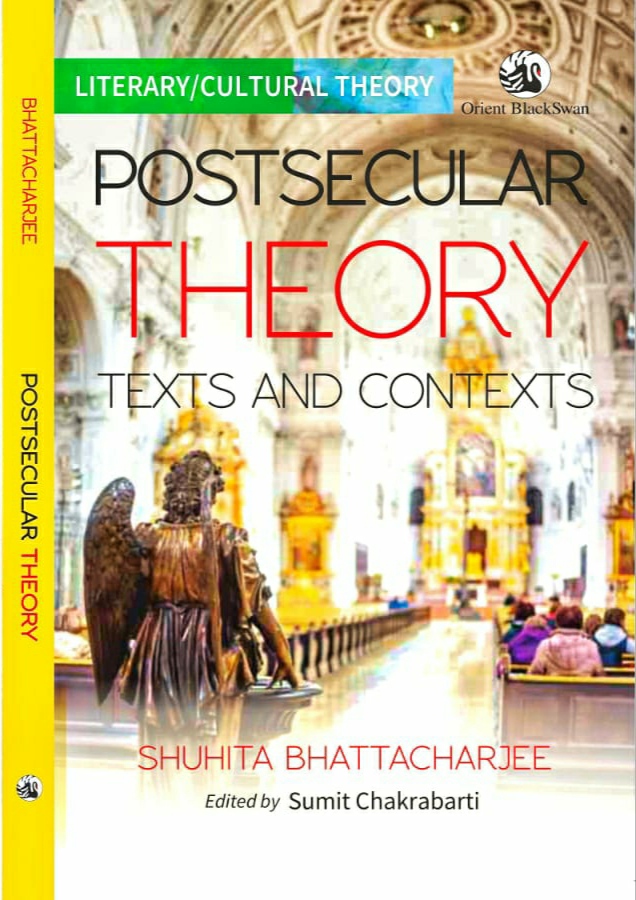The Victorian Postsecular in the Colony: Anglo-Indian Novels and Fragility of Faith at the Fin-de-Siècle

The fin-de-siècle was a time of anxiety-ridden ruminations surrounding the British ‘crisis of faith’, not just in the metropolitan heartland but also in the colonies. In my talk, I focus on works by Philip Meadows Taylor, Headon Hill, Alice Perrin, and Maud Diver to understand the way these tensions register in late nineteenth-century and early twentieth-century British novels set in colonial India, . I argue that these texts, seemingly invested in representing the idolatrous colonial religion, quietly project contemporary British domestic anxieties about the perceived ‘secularisation crisis'. I show how British authors, functioning under the overbearing perception of domestic unbelief, reacted to this crisis by deploying the colonial space as a fecund setting for crafting concepts like authentic divinity, true religiosity and civilised worship. Furthermore, the novels become more an externalised site for (a distanced and relatively covert) British national religious introspection. Ultimately, through an encounter with colonial faiths, these works attempt to restore a sense of religious wonder and spiritual love that go beyond the crippling modern binary of desiccated Christianity and religious doubt.
SHUHITA BHATTACHARJEE earned her PhD from the University of Iowa and is an Assistant Professor of English literature in the Department of Liberal Arts and an Adjunct Professor of Design at the Indian Institute of Technology Hyderabad. Her research on Victorian literature, representations of gender and sexuality in popular culture, and the South Asian diaspora has appeared in English Literature in Transition, Nineteenth-Century Gender Studies, and Victorian Popular Fictions, as well as in Palgrave and Routledge essay collections. After having published her first monograph on postsecular theory she is working on a Routledge monograph that examines the fin-de-siècle representation of colonial idols. She has received the Charles Wallace Award, the Marcus Bach Fellowship for Religious Studies, and the University of Chicago Robert L. Platzman Fellowship. In the social sector, she has worked both nationally and internationally on sex education, gendered HIV-related vio-lence, and sexual harassment.

